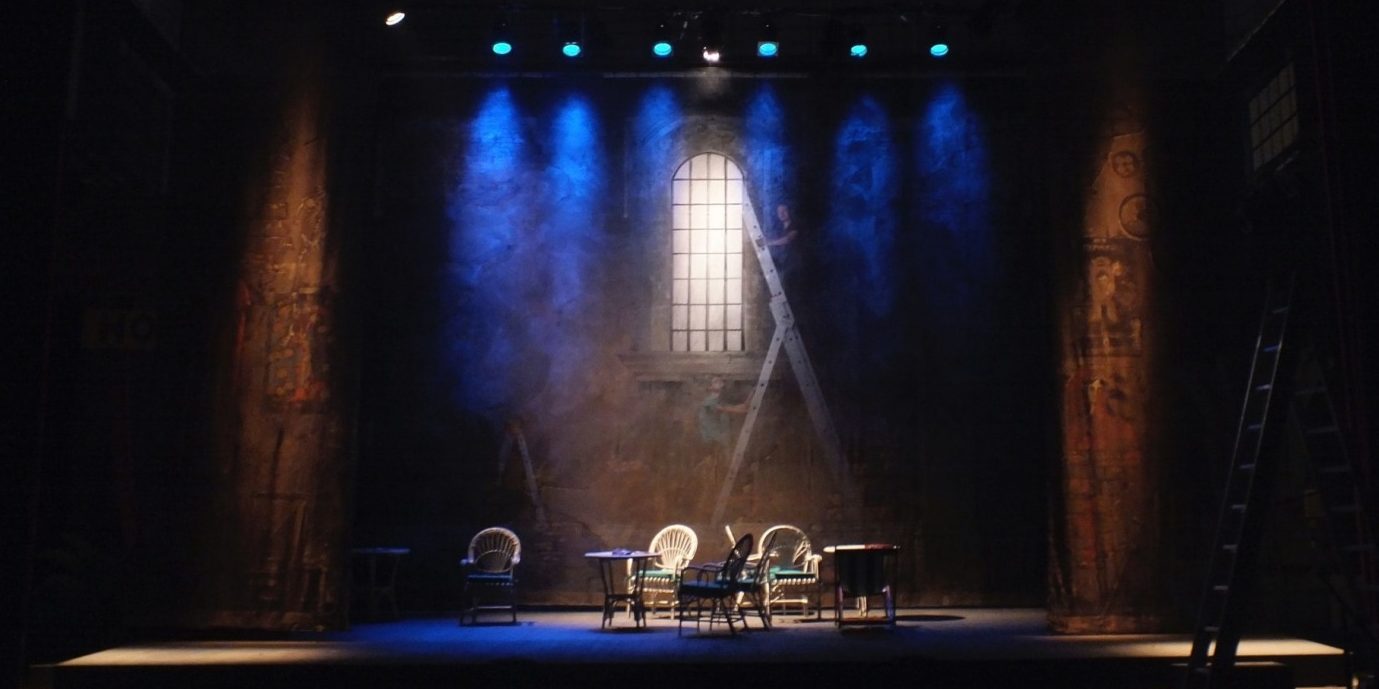To Kill a Mockingbird: West End stage adaptation
Harper Lee’s To Kill a Mockingbird is headed to the West End stage in May 2020 following its successful 2018/19 Broadway run. The show is scripted by Aaron Sorkin, the acclaimed screenwriter behind The Social Network and The West Wing.
The Broadway run was nominated for eight Tony Awards with Celia Keenan-Bolger, who played Scout, winning Best Performance by an Actress in a Featured Role in a Play.
The UK staging of the popular adaptation will mark the 60th anniversary of the Pulitzer Prize winning novel’s publication. The cast has yet to be announced for the London show though Scout, Jem and Dill will be played by adult actors.
To Kill a Mockingbird has known ongoing popularity in America and further afield. The novel is a staple for reading lists both for secondary school and university courses. The longevity of the novel’s relevance is well-explained in a review written by Chimamanda Ngozi Adiche for The Guardian, in which she describes Lee’s writing as ‘a fiercely progressive ink, in which there is nothing inevitable about racism and its very foundation is open to question’.
Not only does Lee challenge the underlying systems of oppression present in the Deep South, she does so with a strikingly direct narrative. The loss of innocence chronicled over the course of To kill a Mockingbird is as tragic as it is unavoidable, which serves as a lesson to readers regardless of their background.
Sorkin avoids the ‘dull fidelity’ he associates with Sergel’s theatre production by restructuring the story around the trial which provides a stronger narrative drive than Lee’s slower paced exposition
Adiche also credits Lee for her “clear eyed depiction of American tribalism in its three major manifestations: race, class and region”, which recognises the intersections of prejudice which exist to this day. The lasting fascination with To Kill a Mockingbird is tribute to Lee’s sensitive treatment of these themes and suggests to me that the novel has moral lessons which remain pertinent to today’s society.
Nearly 60 years after its publication, the injustices challenged by Lee still exist in one form or another. The failings of justice systems inherently skewed in favour of white people, the mob mentality among certain sections of society, and the persistence of a damaging class system are just a few examples of systemic problems addressed in To Kill a Mockingbird. Sorkin’s rendition of To Kill a Mockingbird is by no means the first adaptation of the novel. Past versions include the 1962 film of the same name starring Gregory Peck and Christopher Sergel’s 1990 stage adaptation. So what does Sorkin’s contribution add to the novel?
Sorkin avoids the ‘dull fidelity’ he associates with Sergel’s theatre production by restructuring the story around the trial which provides a stronger narrative drive than Lee’s slower-paced exposition. Sorkin also chooses to reposition Atticus as the central protagonist which relegates Scout to just one of several narrators. One of Sorkin’s more effective changes involves making larger roles for Lee’s black characters, the accused Tom Robinson and Calpurnia, the maid employed by Atticus. Expanding these roles is necessary for a modern production.
While theatre has its limitations as a literary form, it also provides potential to reinvent supposedly timeless stories
A novel about racism which fails to voice the interior thoughts and feelings of black characters would surely not know the success that Lee achieve in the 1960s, were it to be released in the present day. Though To Kill a Mockingbird deserves the recognition it gets, society needs to move on from sacrificing minority bodies for the sake of white moral redemption. This is where Sorkin’s rendition of To Kill a Mockingbird provides a much-needed update for modern audiences.
Fans of the original novel may fear that something of Lee’s inimitable style could be lost in the transition from page to stage. While theatre has its limitations as a literary form, it also provides potential to reinvent supposedly timeless stories. Although I think it’s a shame for Sorkin to have moved away from Scout’s singular narrative voice, I recognise the necessity of this change for the sake of making a play which can succeed in its own right. I just hope that the play reflects the frustration and confusion of growing up a girl in a society which seeks to restrict her on the basis of sex.
An audience can more readily draw their own conclusions from a play than from a piece of literary fiction because theatre affords the opportunity to ‘show not tell’ a story. In the case of To Kill a Mockingbird, this could be a worthwhile chance for audiences to re-engage with Lee’s social criticisms beyond the current debates over the moral message of the novel.

Comments